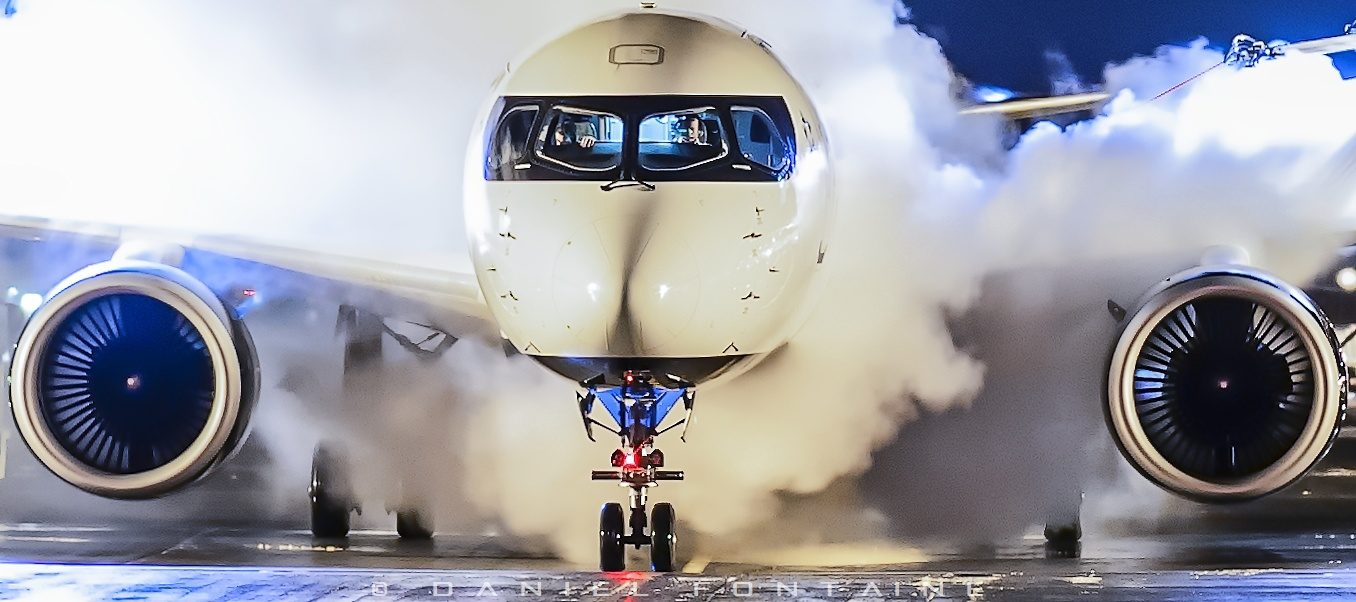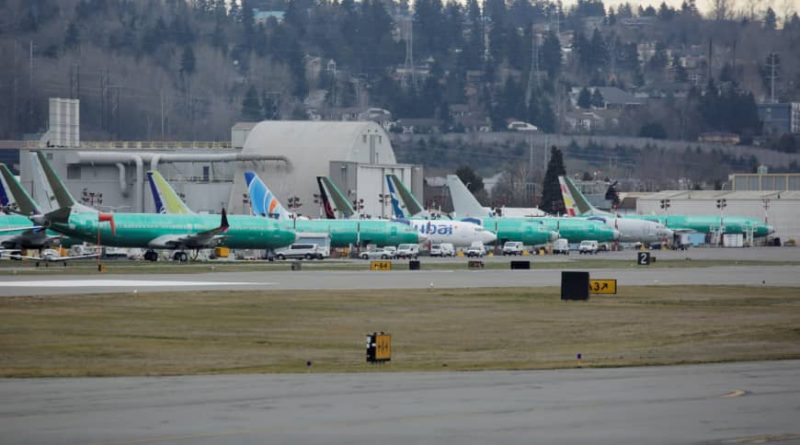The MAX return into service
It is in September that Boeing plans to submit its latest B737MAX modifications to the FAA. In this text, we will analyze the context surrounding the return to service of the B737MAX.
Delegation of authority and aviation safety
If civil aviation still had the same accident rate per million takeoffs as that the 1970s, there would be nearly 175 crash a year. As can be seen, aviation safety has made tremendous progress over the past forty-five years.
One of the major factors that has greatly contributed to improving aviation safety is the delegation of power. The establishment of the Safety Management System (SMS) is an example of delegation of authority. It transferred the role of risk assessment and risk management from supervising agencies to private companies. SMS has established a real safety culture within the industy. It has also been an effective counterweight to operational and financial imperatives.
The delegation of authority also exists between the different certification agencies: Transport Canada’s work for the certification of the C series has been recognized by the other certification agencies. Certification of a new aircraft type by a participating agency is almost automatically recognized by others. This way of doing things saves time and money without compromising security.
The confidence breach
Trust between the various stakeholders is essential to the proper functioning of the delegation of authority. Before delegating a task, the holder must be confident that the recipient has the capacity to take it. Capacity refers to financial, human and technical resources. In the case of the B737MAX, Boeing failed in the risk assessment of the MCAS. In addition, the company also failed to transmit all the information it possessed. This is an important breach of confidence for the FAA.
It was the role of the FAA to make sure that Boeing was doing its job properly. Instead the FAA let Boeing dictating the way for the MAX certification. In the eyes of the other agencies, the FAA failed in her supervisory duty.
Boeing must regain the trust of the FAA and other agencies. The FAA is also under the supervision of other agencies. This context is important to understand how the B737MAX will be returned into service.
The influence of leasing companies
Leasing companies usually rent new aircraft for a period of 8 to 12 years. After the first rental, the aircraft will be placed in a second airline and so on. The airlines of the rental companies wander from one region of the planet to another according to the needs. It is therefore important for them that the rules of airworthiness and certification are the same everywhere. Airliners are then easy to replace at a good price.
What the leasing companies fear is the return to service of the B737MAX with different rules according to the agencies. Imagine that the FAA allows the MAX to fly with two AoAs while the EASA requires three. A MAX delivered in the United States could not then leased in Europe at the expiration of the first lease and the value of this aircraft would be greatly reduced.
Leasing companies account for 25% of new aircraft orders from manufacturers. They play a decisive role in the commercial success of a type of aircraft. According to Ascend, 45% of B737MAXs currently grounded belong to leasing companies. About 1100 of the 4400 B737MAX orders belong to leasing companies. They will certainly have a big word to say in the return to service of the B737MAX.
The difficult coordination between the certification agencies.
Once she receives the latest modifications from the MAX from Boeing, the FAA will begin her assessment. But this time, the other certification agencies are watching her. The FAA understands the situation very well, which explains its eagerness to collaborate with its peers.
For their part, several certification agencies have undertaken an in-depth review of MAX’s certification. For these agencies, the question is whether the latest changes to the MAX are sufficient or not. This process could produce very different results from one agency to another. It is therefore possible that some certification agencies have higher requirements than the FAA. It will probably take several weeks of analysis, discussion and negotiation before reaching consensus.
If the consensus requires Boeing to make additional modifications to the B737MAX this will significantly delay its return to service. The temptation would then be very strong for Boeing and the United States to demand that the FAA dissociate itself from the other agencis. That’s when leasing companies will have a role to play. They will then have to put pressure on Boeing to meet the requirements of consensus.
When will the B737MAX return to service?
This is the question worth billions. If a flight authorization before the end of 2019 is mathematically not impossible, it would be very surprising. As for the possibility of a return in 2020? It will be necessary to wait to see what the certification agencies will decide.
We suggest you to read the following: The 737 MAX return risks accidentally breaking the aviation industry h
>>> Follow us on Facebook and Twitter

